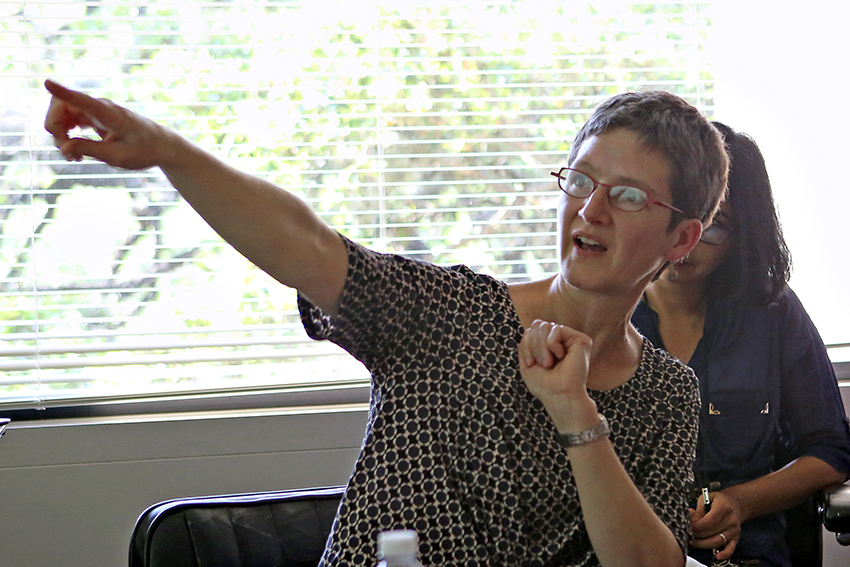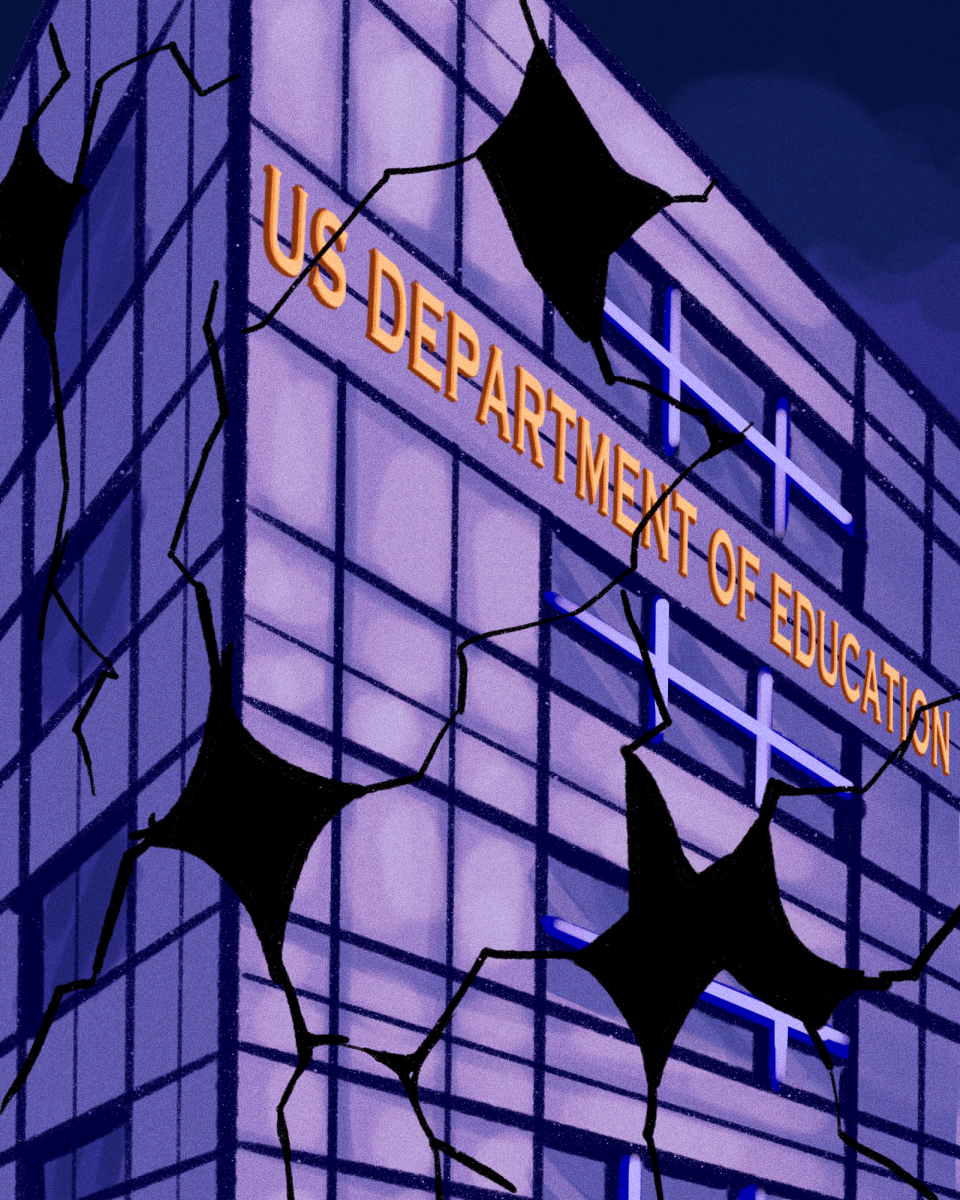Marquette University historian Laura Matthew discussed her project to revitalize an Aztec language at a Monday presentation hosted by the Latin American Studies department’s Digital Scholarship Workshop.
The project focuses on “Nahuatl,” known colloquially as the language of the Aztecs and “Nawat,” the El Salvadorian form of the language that evolved from Nahuatl.
Matthew acquired 48 Central American documents from the colonial Spanish period that used the language. The documents were published online, where the transcription is crowdsourced by the public so that it may then be translated by professionals.
While other studies of the language have focused on central Mexico, Matthew’s project focuses on Central American areas in Chiapas, Guatemala and El Salvador. There, the language still has forms that are used today, but it is in danger of extinction.
“Central America isn’t normally associated with Nahuatl,” Matthew said. “We’re trying to bring attention to it. The focus in Guatemala is usually on Mayan languages, as it should be.”
The project aims to spread knowledge of the language to keep it from being lost as well as to support outside revitalization efforts, Matthew said.
“I came to learn about the language,” said Kiki Naranjo, presentation attendee and El Salvadorian. “I want to help pass it on.”
The wide range of knowledge from diverse individuals allows for accurate translations, Matthew said.
Through the translation of these documents, Matthew hopes people will gain a better understanding of Nahuatl.
While there were different forms and dialects of Nahuatl, Matthew said that it’s not really possible to separate them into well defined groups. This aspect of the language makes the efforts to revitalize it more difficult.
The major reason Nahuatl is in danger of being lost is that its speakers are often subject to prejudice, especially in El Salvador, Matthew said. She said that anyone who speaks the language only speaks it privately because they are ashamed to speak it in public.
Because of this, Matthew stressed the importance of teaching the necessity of the language to students. She said there have been recent efforts in El Salvador to teach the language to students of different ages.
“We think of indigenous languages as already being extinct,” said Susan Kung, manager of UT’s Archive of the Indigenous Languages of Latin America. “These languages are still living. The people are still alive.”





















